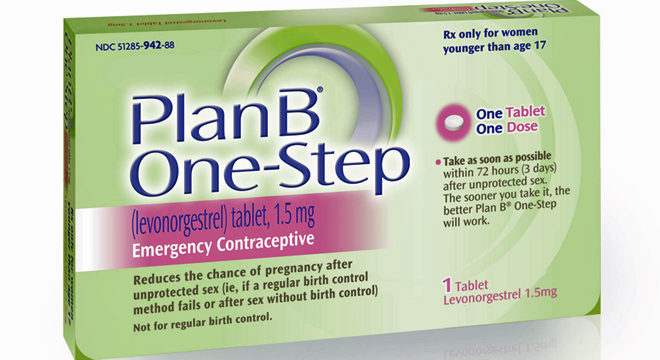OKLAHOMA CITY (AP) — The federal government asked the U.S. Supreme Court on Thursday to decide whether Hobby Lobby and a Christian bookstore chain have to provide a wide range of birth control options for workers as part of the federal health care law.
The 251-page appeal was filed Thursday by U.S. Solicitor General Donald B. Verrilli and other government attorneys.
The Oklahoma businesses have operated under a court order that allows them to avoid fines while they challenge a portion of the new law requiring them to provide the coverage.
Company attorneys object to offering such plans based on religious grounds.
U.S. District Judge Joe Heaton in July granted the Hobby Lobby craft store chain and Mardel Christian bookstore, its sister company, a temporary exemption from a requirement that it provide insurance coverage for morning-after pills, similar emergency birth control methods and intrauterine devices.
Lawyers for the U.S. Department of Health and Human Services filed a notice in federal court this week saying it would appeal, and Heaton had given the government an Oct. 1 deadline.
Lawyers for the companies’ owners, the Green family, say following all provisions of the new federal health care law would either violate their religious beliefs or cost them millions of dollars in fines. The Green family believes life begins at conception; emergency birth control methods and the IUD prevent fertilized eggs from implantation. The company’s insurance plans do offer 16 other forms of birth control mentioned in the federal health care act.
Heaton last November rejected companies’ request to block the birth-control mandate. He reconsidered his decision after the 10th U.S. Circuit Court of Appeals ruled that the companies were likely to prevail in the case. Heaton ruled in June that the company would not be subject to fines of up to $1.3 million a day for not offering the birth control methods.
A competing case, from the Third Circuit, is also at the Supreme Court. That one involves a company called Conestoga Wood, owned by a Mennonite family, and the appeals court in that case ruled the opposite way.
Kyle Duncan, Hobby Lobby’s lead attorney, has argued that requiring the company to comply with the mandate would be a burden to religious exercise. A DHS lawyer, Michelle Bennett, said an injunction could create a burden for Hobby Lobby’s 13,000 employees and members of their families who would be denied coverage for the emergency contraceptives.
Duncan said Thursday he’ll respond to the government’s petition within a month.
“Hobby Lobby believes this is an extraordinarily important issue and that the Supreme Court should decide it,” he said in a brief phone interview late Thursday.
When he handed down his ruling in July, Heaton said he was surprised 10th Circuit seemed to extend a person’s constitutional religious exercise rights to a business but said the injunction should be granted in the public interest so courts could resolve “substantial unanswered questions.”
The government filed its notice Tuesday.
___
Information from: The Oklahoman, http://www.newsok.com
Copyright 2013 The Associated Press. All rights reserved. This material may not be published, broadcast, rewritten or redistributed.






